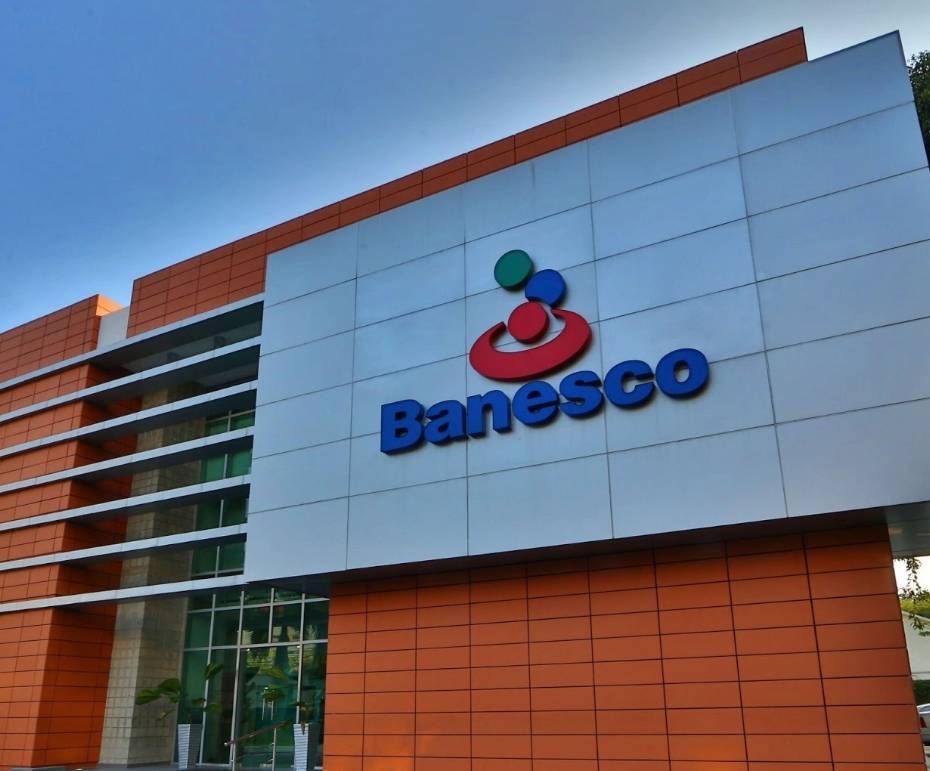The Ministry of Health (Minsa) has published its most recent epidemiological report, revealing that up to epidemiological week 32, 12,594 cases of dengue have been registered nationwide. This report highlights the most affected regions, the situation of hospitalizations and deaths, and the evolution of the disease in the country.
The figures show that the regions most affected by dengue are Panama Metro, with 3,662 cases; Colon, with 1,762; Panama West, with 1,289; Chiriqui, with 990; and Panama North, with 955. The report underlines the need for the population to actively participate in the search for and elimination of mosquito breeding sites, which are essential to mitigate the spread of the disease.
To date, 67 new dengue hospitalizations have been reported this week, bringing the total number of cases requiring hospital care to 1,230. Panama Metro continues to be the region with the highest number of hospitalizations, representing 25% of the total.
In terms of mortality, 26 dengue-related deaths have been recorded. The mortality rate stands at 0.58 cases per 100,000 inhabitants, while the fatality rate has decreased to 0.21%. Deaths have been reported in various regions, including Colón, Chiriquí, and Metropolitan Panama, among others.
The Gorgas Memorial Institute for Health Studies (ICGES) has confirmed the circulation of the four dengue serotypes in the country (DENV1, DENV2, DENV3 and DENV4). However, the COSMOPOLITA genotype of the DENV-2 serotype has not been detected in Panama.
The Pan American Health Organization (PAHO) has reported an increase in dengue cases across the Americas compared to the previous year. PAHO has urged countries to focus on areas with the highest incidence of cases to implement effective control measures.
In response to the situation, Panama declared a health alert on July 29 in the most affected regions: Panama Metro, Colon, Panama East and Panama West. Health authorities continue to work to strengthen control mechanisms and prevent the spread of dengue.










